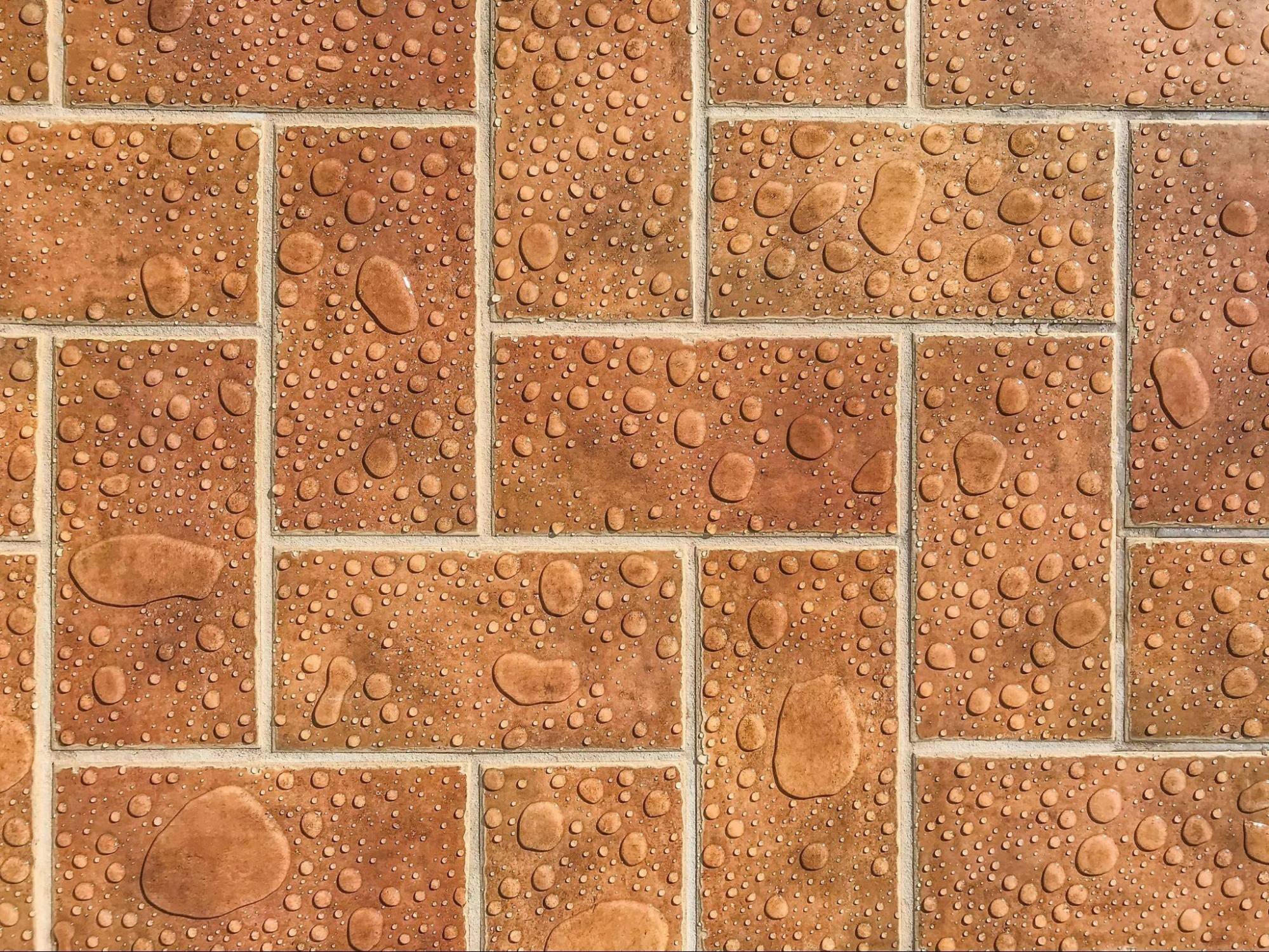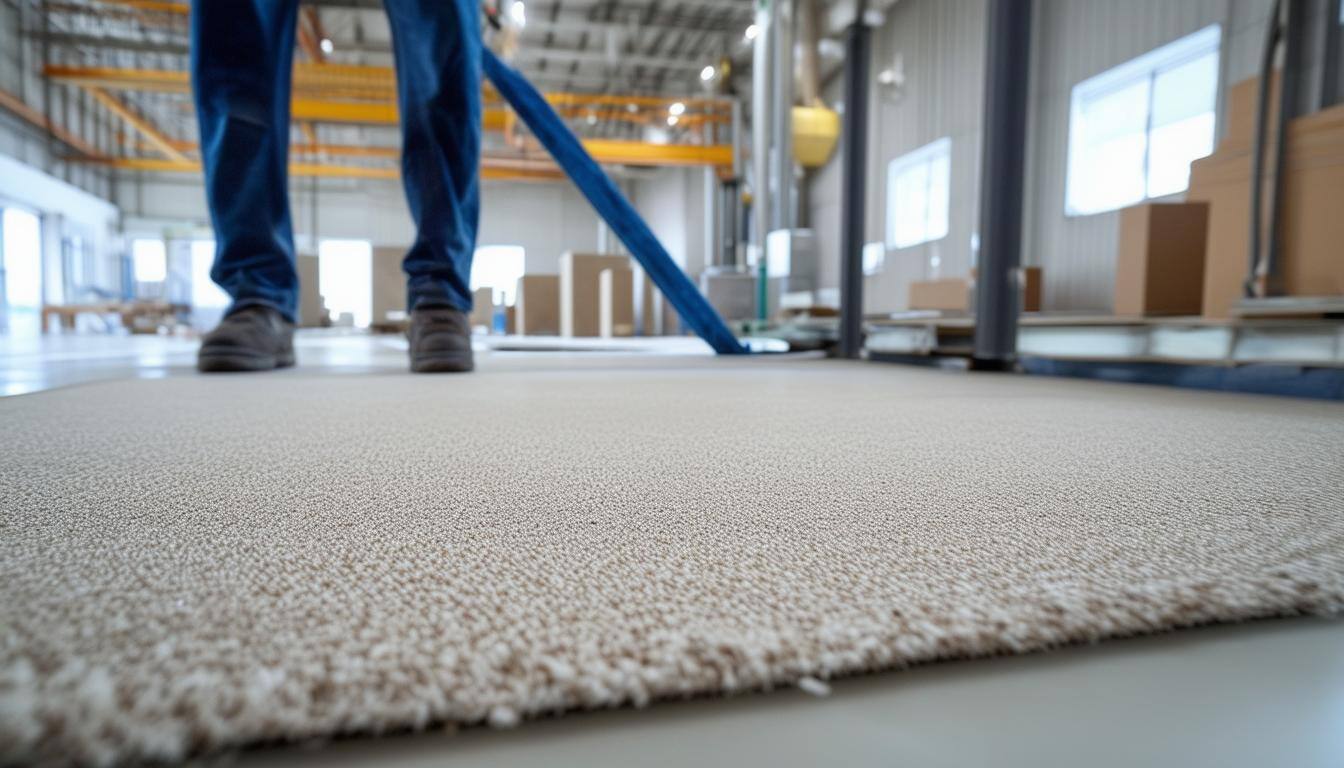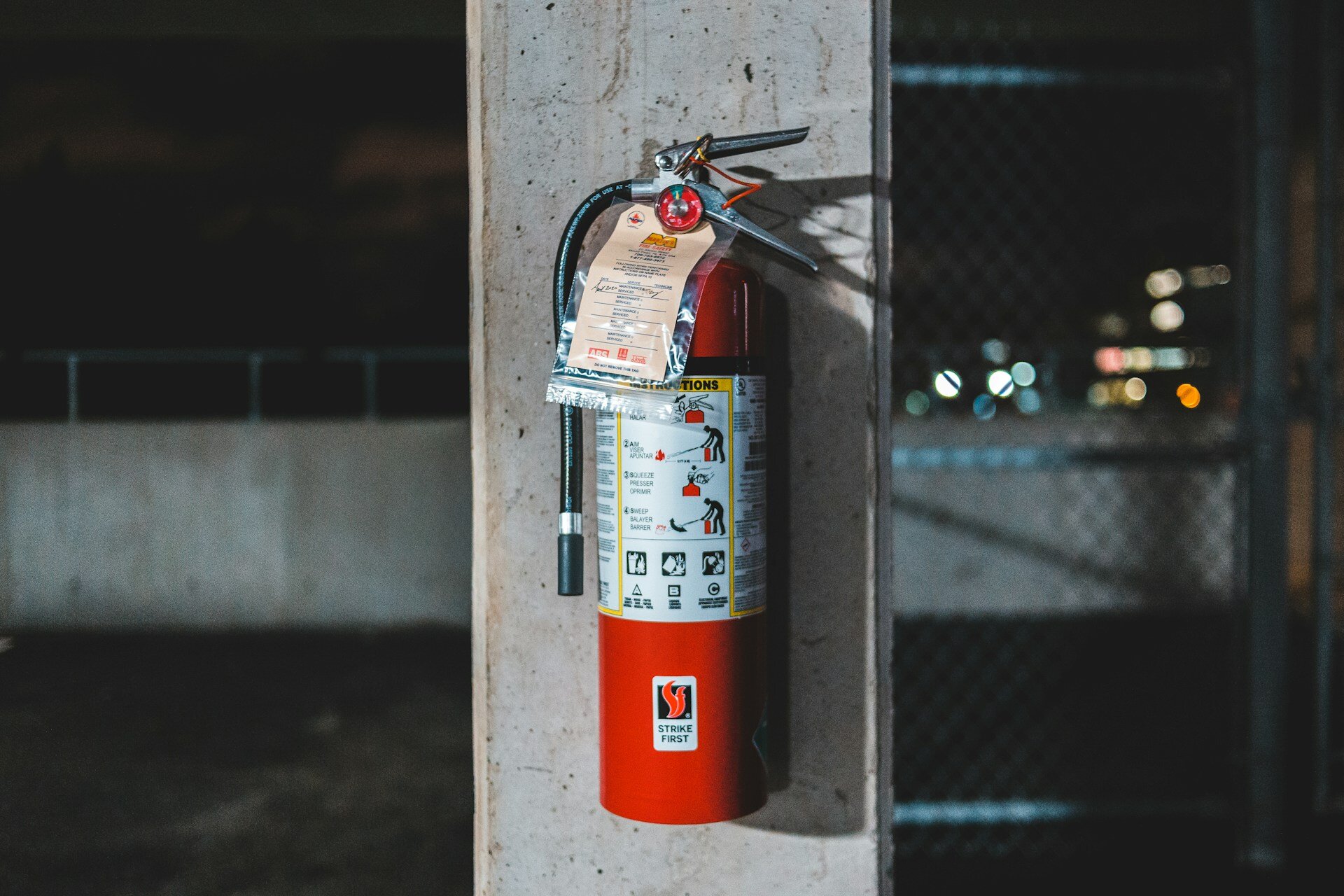Ceramic Tile Coefficients: What Testing Reveals About Friction & Wear

Ceramic tile flooring affects both safety and durability, particularly in high-traffic areas such as public spaces and commercial buildings. The coefficient of friction (COF) — which measures a tile's ability to resist slipping — is a key metric that informs decisions on tile selection, material longevity, regulatory compliance, and safety in high-traffic areas like public buildings, commercial spaces, and even residential projects.
Professional Testing Laboratory (PTL) provides deep expertise in ceramic testing, giving businesses like yours the detailed data they need to make informed decisions about ceramic tile applications. Explore how COF testing works, its relevance to the product development process, and how ceramic tile coefficients can impact can reveal key traits about friction and wear.
Static and Dynamic Coefficients of Friction
The coefficient of friction assesses how a surface resists slipping. Ceramic material testing focuses on two types of COF:
- Static Coefficient of Friction (SCOF): This measures the force needed to start moving an object resting on the tile. SCOF data helps prevent slips when people initially stand on the surface, especially in areas like entryways and wet environments.
- Dynamic Coefficient of Friction (DCOF): This measures the force needed to keep an object moving across the tile. DCOF data reflects how well a surface performs during continuous movement, which matters in high-traffic zones such as hallways and shopping centers.
Both coefficients are necessary for evaluating the slip resistance of ceramic tiles, and the results of these tests directly influence the safety and durability of flooring choices in various environments.
Ceramic Testing at Professional Testing Laboratory
At PTL, COF testing is conducted using specialized ceramic testing equipment designed to simulate real-world conditions. Whether it’s the smooth surface of a commercial lobby or a textured outdoor walkway, PTL replicates various environments to provide accurate, relevant data on how ceramic tiles will perform under different circumstances.
From PTL’s ceramic flooring test list, tests that evaluate friction, wear, and surface performance include:
- ASTM C1028 for static friction
- ASTM C627 for durability under traffic
- ASTM D2047 for slip resistance
These tests, among others, measure the performance of ceramic tiles in terms of both safety and durability, giving manufacturers and developers the data they need to ensure their products meet industry standards. View our full ceramic flooring test list for more details.
How COF Testing Impacts Flooring Decisions
COF testing data influences the selection of ceramic tiles for both safety and longevity in residential and commercial flooring projects. Manufacturers use COF data from ceramic testing labs to determine how well tiles perform in high-traffic areas. For instance:
- Commercial Spaces: In high-traffic areas like retail stores, restaurants, and office buildings, understanding the dynamic coefficient of friction is vital to ensure that the flooring remains safe even with heavy foot traffic.
- Residential Projects: In homes, especially in areas prone to water or moisture, such as bathrooms or kitchens, both static and dynamic COF results help inform the selection of tiles that can prevent slips.
Additionally, ceramic testing data influences material selection based on wear performance. Tiles in high-usage areas must be durable enough to withstand years of wear without degradation.
COF Testing and Regulatory Compliance
Regulatory requirements and ceramic tile testing standards for slip resistance are strict in public and commercial environments. For example, the Occupational Safety and Health Administration (OSHA) and Americans with Disabilities Act (ADA) both set requirements for slip resistance in certain environments. Failing to meet these requirements can result in non-compliance issues, which may lead to costly revisions or legal concerns.
COF test results from PTL help clients to evaluate ceramic for adequate slip resistance that meets industry standards. With access to standardized ceramic testing methods and detailed test reports, businesses can make more informed decisions about ceramic materials for long-term performance and ensure compliance with stringent regulatory demands.
Contact PTL for Ceramic Flooring COF Testing
Accurate COF testing helps businesses select ceramic tiles that meet safety and durability standards for their flooring projects. Professional Testing Laboratory offers comprehensive ceramic tile and flooring testing services to provide this critical data.
Contact us today to learn more about how our accredited flooring & ceramics testing laboratory can help you ensure both safety and durability in your next project with COF testing. Explore the master test list for details on available tests.




